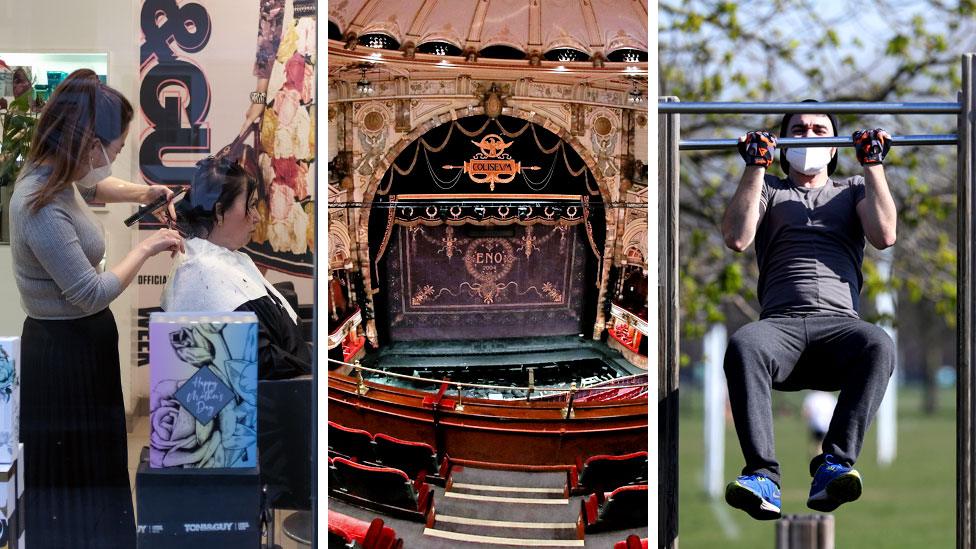Coronavirus: How Brixton is waking up from 'lockdown coma'
- Published
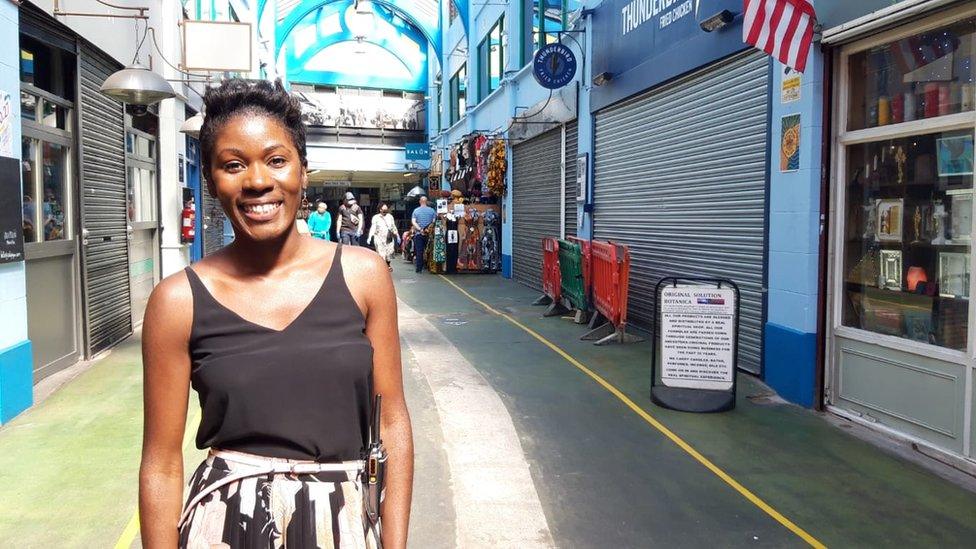
General manager Diana Nabagereka says reducing the 2m social distancing rule will be vital for restaurants reopening in Brixton Village
As the prime minister announced that pubs and restaurants in England can reopen from 4 July, we went to see how one neighbourhood might emerge from the coronavirus lockdown.
Brixton appears almost normal. There's a steady stream of people weaving their way in and out of shops - most of which are open. The tangy scent of raw seafood at the fishmongers mixes with that of over-ripe bananas on the fruit stalls. And Whitney Houston songs are blaring out from somewhere, giving the sunny scene an extra zing of flavour and energy. So far, so Brixton. But the many boarded-up businesses down the backstreets of this buzzing south-London neighbourhood are a tell-tale sign of the effect lockdown has had on trade.
As general manager of the covered markets that make up Brixton Village, Diana Nabagereka looks out at the hustle and bustle with a smile on her face. "For the first two weeks of lockdown it was like Brixton was in a coma," she says, accepting that people did, at least initially, stay at home. "But then God made the sun shine and everything changed."
She says during the warm weather at the beginning of April, she came down from her office in the market to find someone had brought out a sound system to entertain the crowds on Electric Avenue - it was "like Notting Hill Carnival".
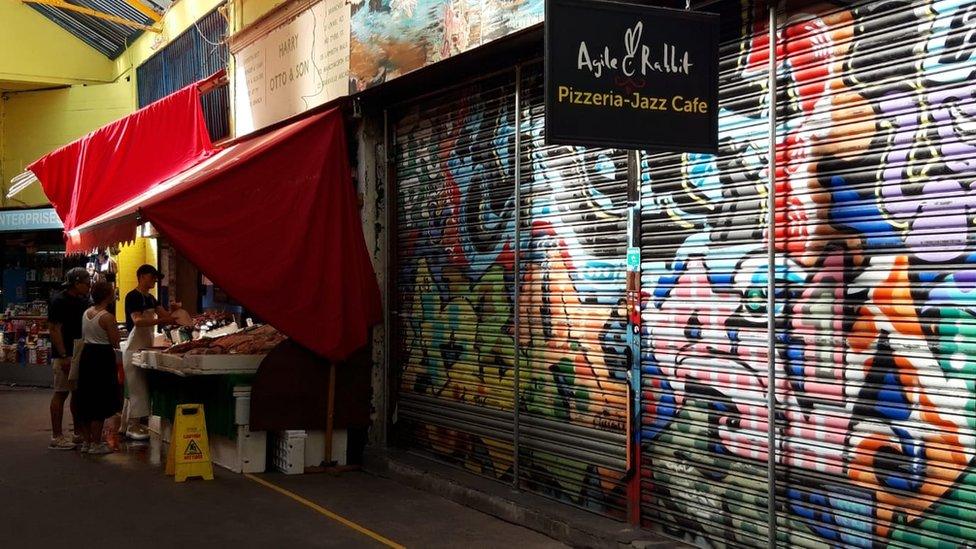
Only five of the 60 restaurants in the market have managed to stay open - for takeaways - throughout lockdown
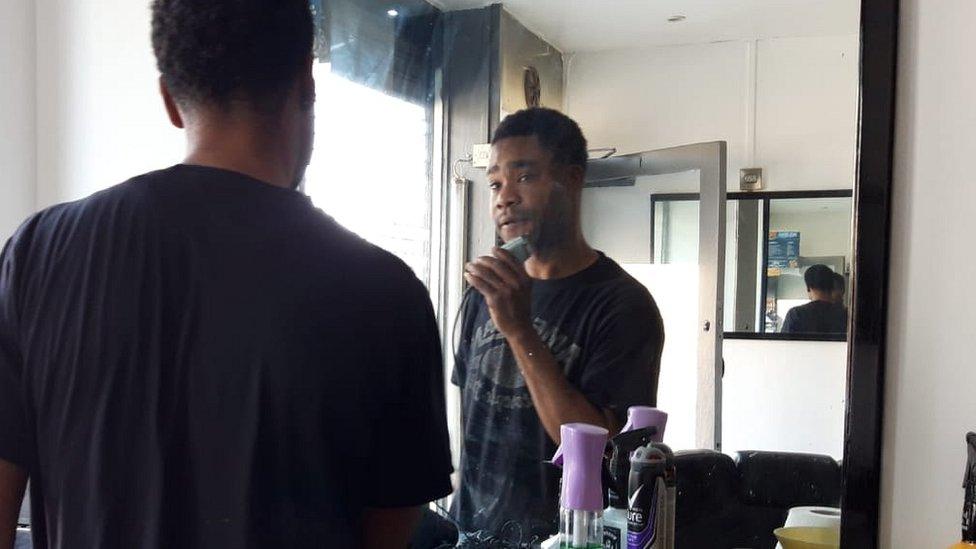
Mark Thomas is struggling financially but has said no to people asking him to give them a lockdown haircut, for fear his barbershop could get fined
Diana says the customers have kept coming partly because the fresh food shops have been able to stay open, as essential businesses. Even so, they've struggled to cope while the 2m social distancing rule has been in place - so she's happy to hear the PM's confirmation that from 4 July, this will reduce to "one metre plus". Only five of the 60 restaurants within the market have been able to stay open through lockdown for a takeaway service, so Diana says the change is vital.
She adds that while the one-metre rule "still isn't a perfect situation" for the market's narrow aisles, she's comfortable that they've made it safe and is delighted by the creative ideas in place to make it financially viable when restaurants reopen.
For example, when the butchers next to Honest Burgers closes for the day at about 6pm, Honest Burgers customers will sit down outside it. By sharing space in this way, there'll be room for hundreds of extra customers across the market.
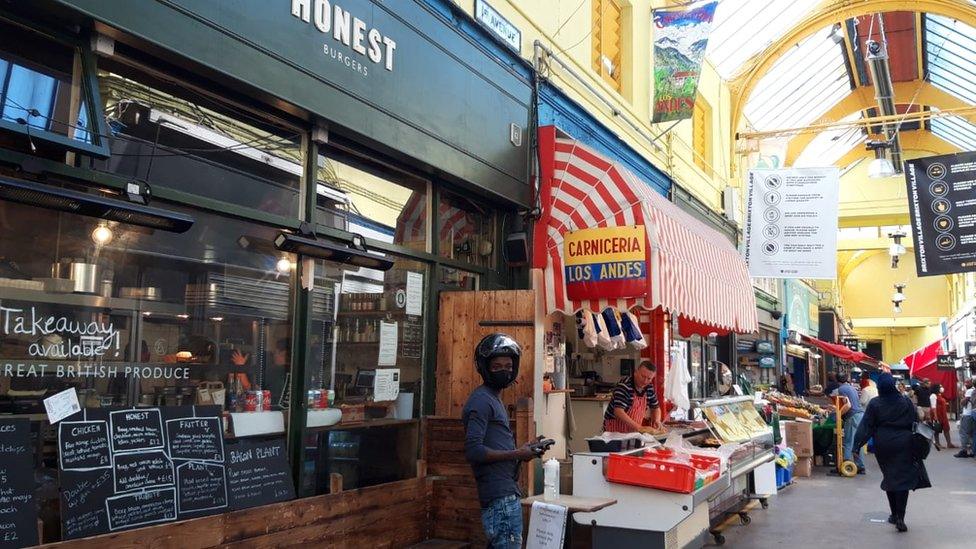
Honest Burgers will put seats outside the adjacent butchers, as social distancing rules will make it impossible for customers to sit inside
But some people aren't so enthused about the return of pubs, restaurants, and many more businesses. In an African fabric shop tucked beneath the railway, owner Rezia says he's convinced business will remain slow for him. It doesn't matter that more people will be out and about spending money - they are not going to buy fabric, he says, on their way home from the pub.
Across Brixton Road from Rezia's colourful unit, barber Mark Thomas is also despondent. Shaving his beard inside the tiny barbershop he works in, he says the next couple of weeks will be spent putting signage up, and trying to source visors and gloves, so that they can safely reopen in July.
Mark's only income is from universal credit, as he couldn't afford to take out a government loan designed to help small businesses like his through lockdown: "I don't want to take any money I'm not going to be able to pay back." So while the 4 July announcement can only be good news for the firm, Mark says: "I'd be happier if it could open tomorrow."
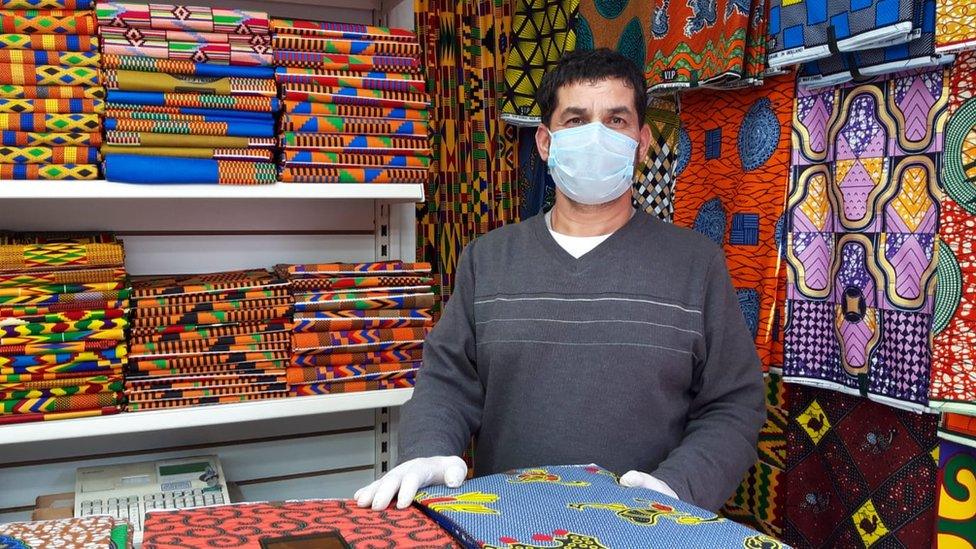
Shop owner Rezia isn't optimistic that business will improve for him when other places reopen
Just up the road from the barbershop, staff at the Duke of Edinburgh pub are much more upbeat. For the past two weeks general manager Fiona Keane and her team have been working in the beer garden, puzzling over how to reopen with either the 2m or 1m social distancing rules in place. "Now that we've got the information we can just hit the ground running," she says.
They've got PPE kit for staff and security to wear, signage and hand sanitiser pods are up on the fences of the beer garden, and everyone's "really excited" about welcoming customers back, Fiona says. The customers, it appears, are similarly keen - the pub's booking website crashed minutes after Boris Johnson's announcement.
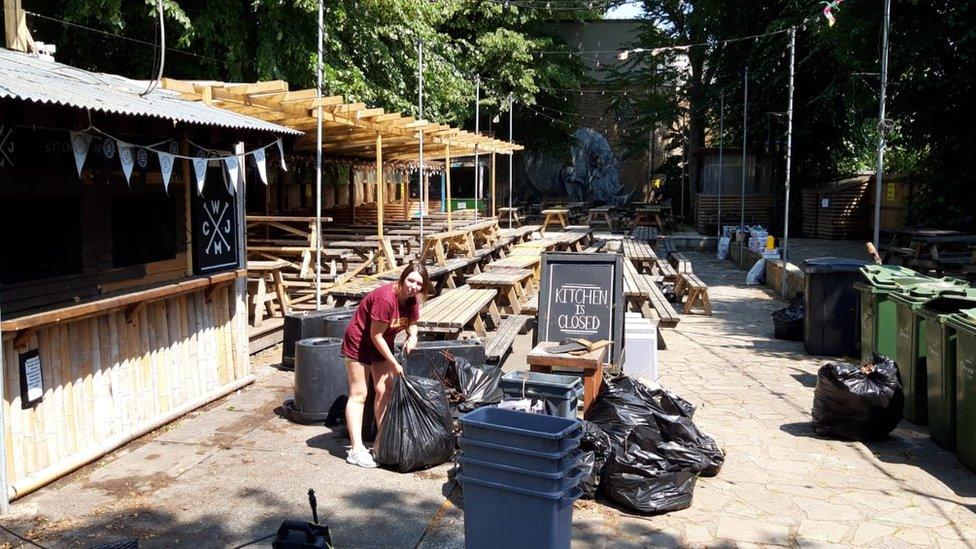
General manager Fiona Keane says the Duke of Edinburgh pub has "a lot to think about" - but "we'll be ready" to reopen on 4 July
While pubs are itching to throw open their doors, there are other doors in the neighbourhood that remain resolutely shut. There is no date in sight, for example, for the reopening of the O2 Academy - where David Bowie, Kylie Minogue and Diana Ross have all famously graced the stage - or for any of Brixton's popular club nights to return.
"Brixton is a night-time economy. Our best side is at night," says Michael Smith, director of Brixton BID, external which represents more than 500 firms. "Although you are seeing the day-time economy moving along, it's the night-time economy that there's a lot of concern for." He adds that the O2 depends on a full house to make money from gigs, which is impossible until social distancing measures come to an end. "A vaccine is the only thing that's going to allow you to have that."
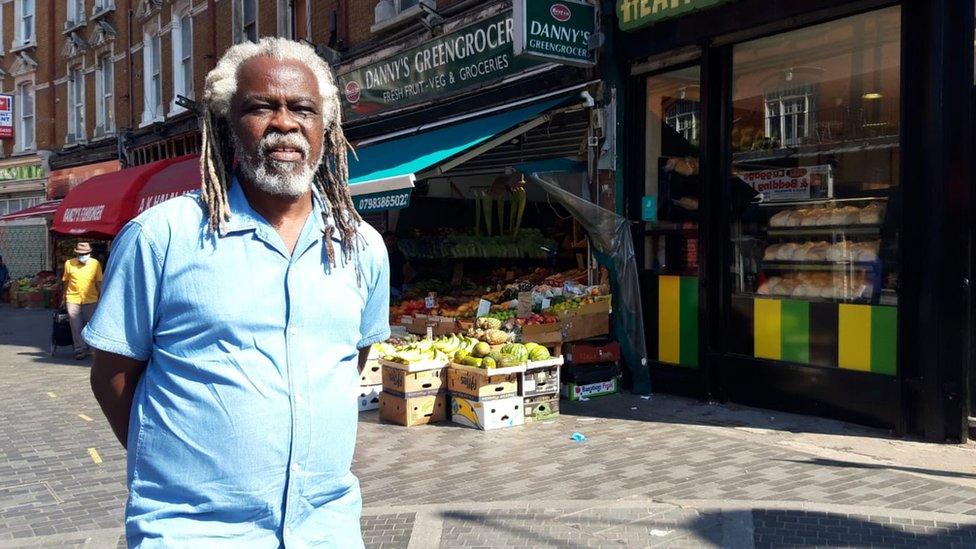
Director of Brixton BID, Michael Smith, worries for the nightclubs and music venues that will not reopen on 4 July
Without the night-time buzz, Brixton will struggle to get back on its feet, Michael says. While restaurants and pubs can make a return, he thinks the one-metre rule is not good enough to allow the area to "get back to the level of vibrancy" that makes it so unique.
He believes in the people of Brixton's ability to innovate, though, and looks forward to creative things venues can do to increase capacity - such as potential plans for more plazas and pedestrianised areas. So, Michael says, he does not feel negative about the prime minister's plans to ease lockdown - but that a sense of anticipation remains about how exactly this corner of London will cope.
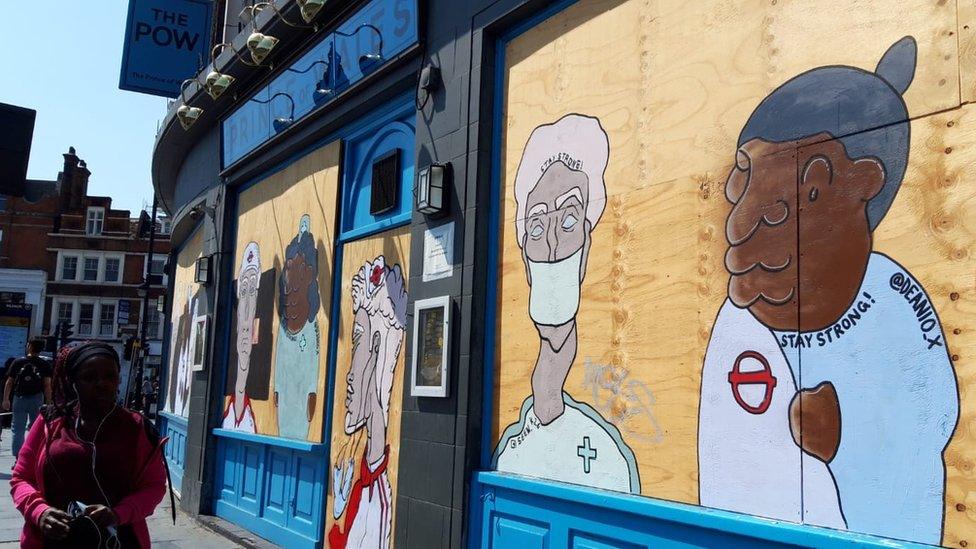
The popular Prince of Wales venue is planning some socially-distanced events, but no big club nights
- Published24 June 2020
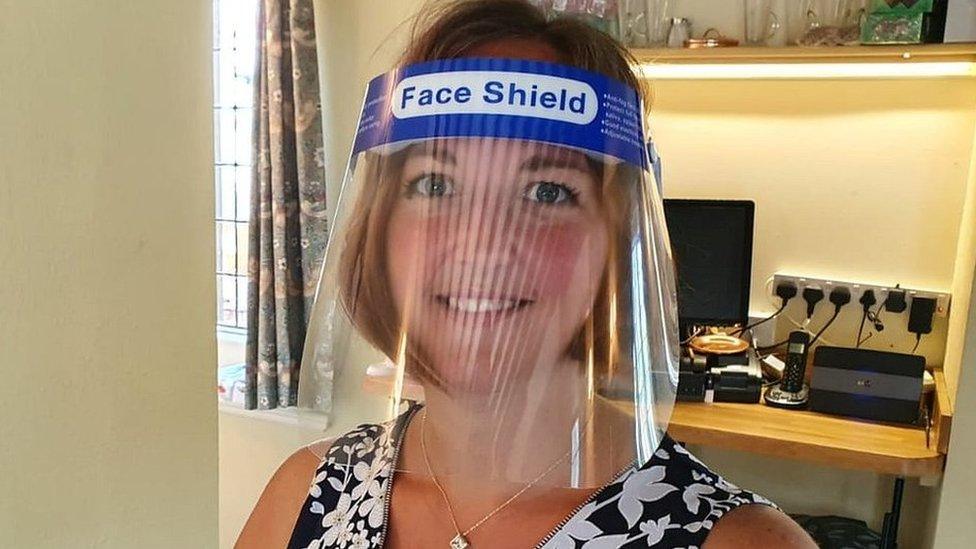
- Published22 February 2022
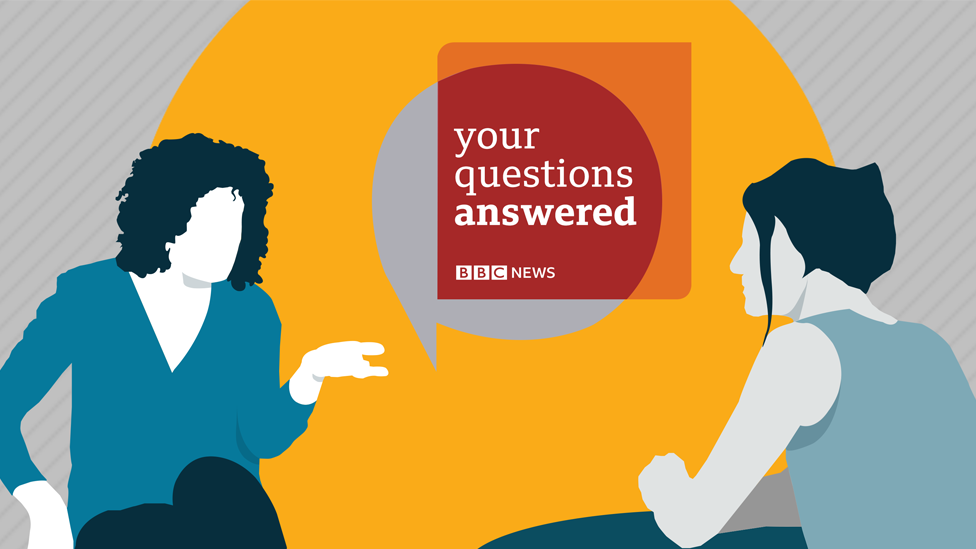
- Published1 July 2022

- Published23 June 2020
